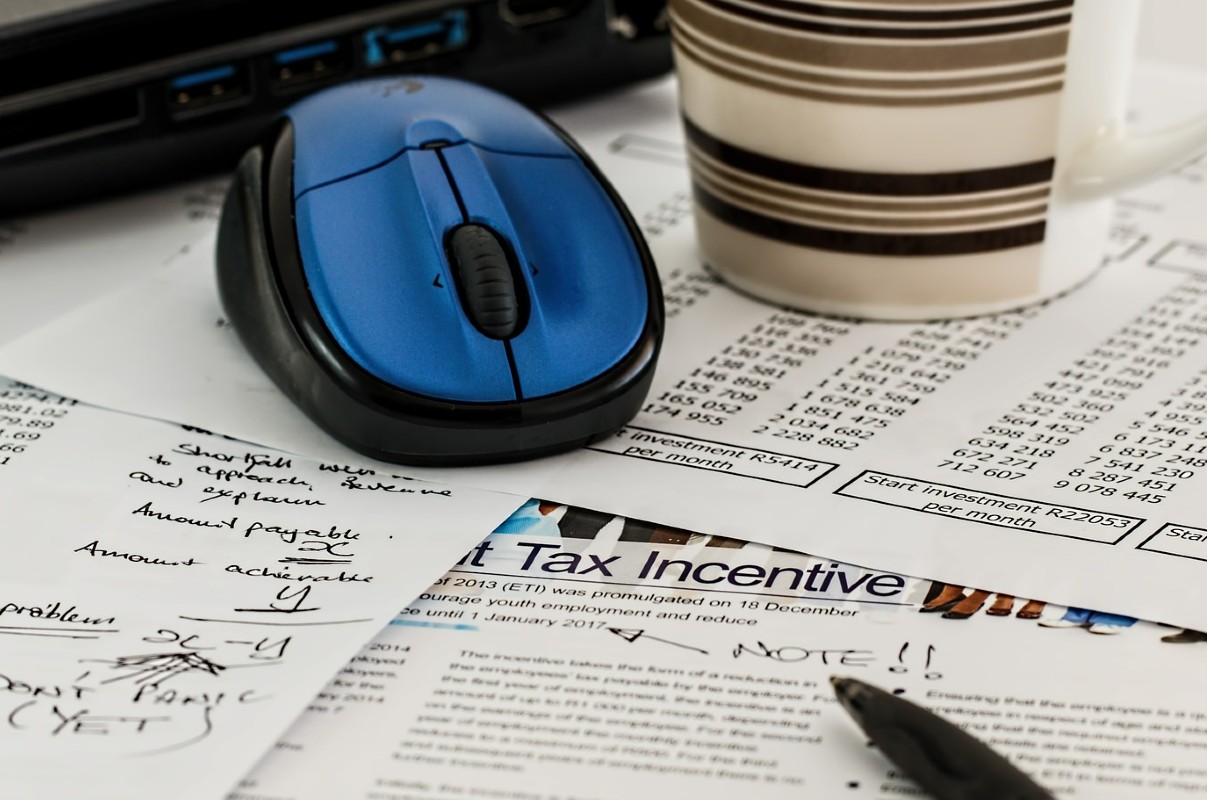
By Andy Brack, editor and publisher | It’s hard to believe 15 years have passed since the publication of a policy book that suggested ways South Carolina’s tax code could be brought into the modern age.
 “Doing Better: Progressive Tax Reform for the American South” said states should do two basic things to make taxes fairer to everyone — broaden the tax base and lower tax rates. Translated into English, the book by the Center for a Better South suggested removing special-interest sales tax exemptions, taxing more services, reducing corporate loopholes, modernizing income tax brackets and altering the property tax structure to make it better for everyone.
“Doing Better: Progressive Tax Reform for the American South” said states should do two basic things to make taxes fairer to everyone — broaden the tax base and lower tax rates. Translated into English, the book by the Center for a Better South suggested removing special-interest sales tax exemptions, taxing more services, reducing corporate loopholes, modernizing income tax brackets and altering the property tax structure to make it better for everyone.
Unfortunately, most of this work has been left undone in South Carolina. The state still loses more than $3 billion — yes, billion — in tax revenue every year because it has more than 80 special-interest sales tax exemptions. Corporate loopholes and incentives still give preferences to one set of businesses over others. Property taxes have been fiddled with to generate more, not fewer, inequities.
So it comes as no surprise that a new report highlights how South Carolina has missed the mark on creating a better taxing system. The report by the nonpartisan Tax Foundation essentially looks at what states do to create good climates for businesses. The study, “Location Matters 2021: The State Tax Costs of Doing Business,” is a comparison of corporate tax costs among the 50 states. The bottom line: South Carolina is ranked at a too-familiar place, the bottom.
By comparison, tax reform in the Carolina to our north has created a dynamic business environment that has made it one of the best states for business, according to the foundation.
“North Carolina’s corporate income tax rate is now the nation’s lowest at 2.5 percent but that’s just one factor in the state’s competitive transformation,” according to a Tax Foundation email touting the new report. “Since 2013, North Carolina also broadened tax bases and lowered rates, reducing corporate income, individual income and franchise tax burdens. These efforts have yielded the third best rank for new firms and fifth best for mature firms.”
In other words, North Carolina did the kinds of things that economists have suggested to make the tax environment more equitable. South Carolina? Not so much. It ranked ninth from the bottom in the study’s business environment for new businesses and third from the bottom for mature businesses.
For example, new distribution centers locating in South Carolina face a “heavy tax burden with an effective tax rate of 61.5 percent, just shy of double the median rate for this firm type nationwide,” the report said. Mature distribution centers face a 48.6 percent tax rate.
A well-structured tax code should be neutral — meaning everyone should be treated the same, said Jared Walczak, a Tax Foundation vice president.
Otherwise, “you’re creating inequities,” he said. “Both sides of the aisle should be able to recognize that this is a problem — because you then will have government picking the winners and losers” by awarding incentives to some businesses and ignoring others.
“They should leave it to the marketplace,” he said, adding that incentives, such as location bonuses or carve-outs to new businesses might attract a few businesses, but are hurtful to many existing and local businesses who can never qualify for similar treatment.
South Carolina lawmakers need to dust off the Center’s book plus review past tax reform studies by former Gov. Mark Sanford and a S.C. House study committee. Then they should get down to the real work of making a stronger tax code that is fairer, broadens the base and lowers rates.
- Have a comment? Send to: feedback@statehousereport.com.


